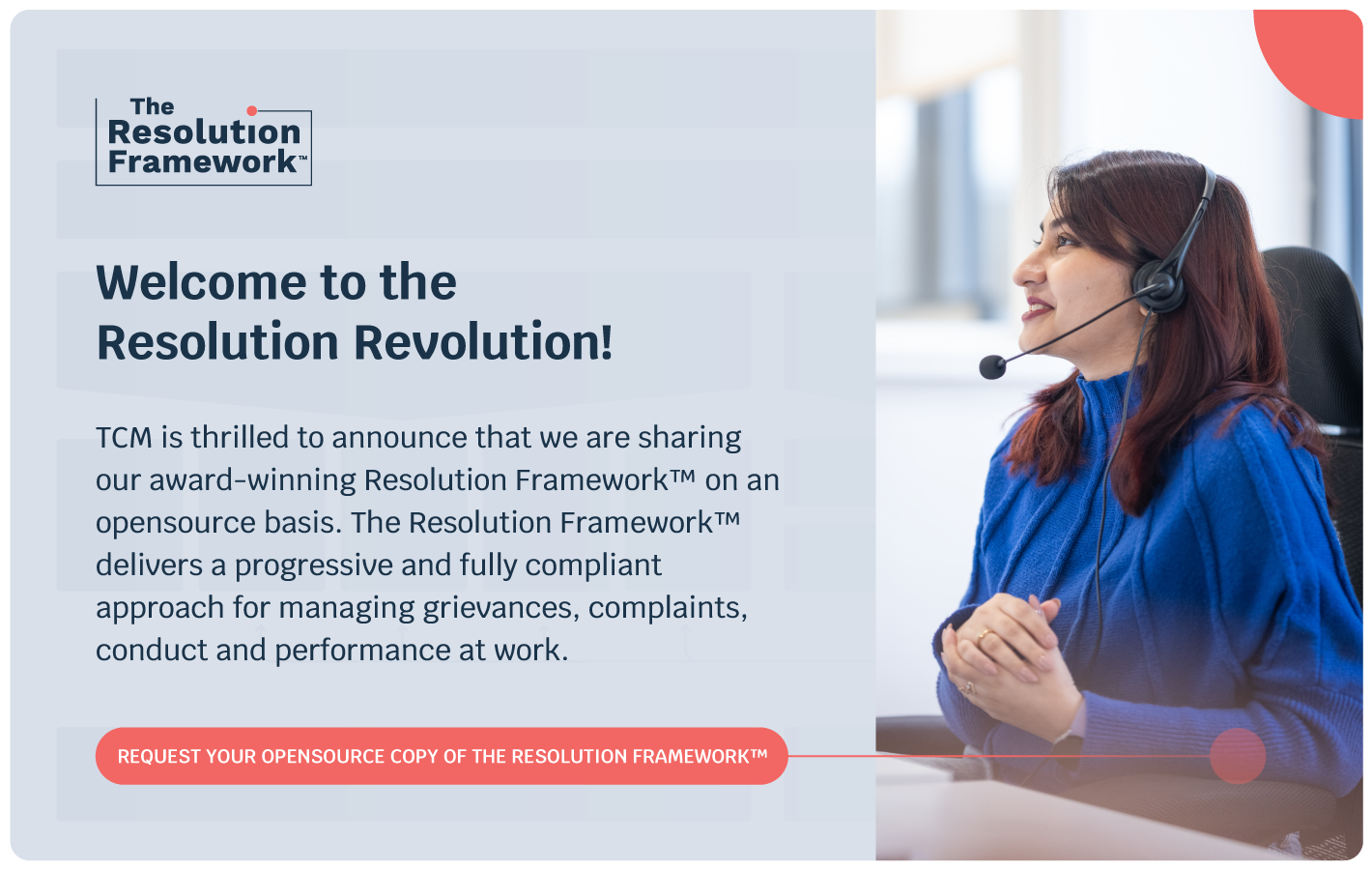
Share article:
Tags:
The needs and desires of people within the workplace is continually evolving, alongside the complex and ever-developing nature of the modern world. Given the amount of time that individuals spend at work, it’s no surprise that increasingly more and more emphasis is placed on employee experience within the workplace.
Research has shown that employees who feel valued by their organization are 60% more likely to stay with their company for more than three years. Disengaged employees are four times more likely to leave their job and with 23% of UK employees actively searching for jobs at any given time, this creates a significant risk for employers.
Ensuring employees are happy at work is key to improving retention rates and safeguarding business continuity. Embracing alternative HR practices can play a key role in achieving high employee engagement and a thriving workplace culture.
Below we explore some key reasons that organizations should embrace alternative HR practices and outline the positive impact that can be harvested from implementing forward-thinking changes.
Attracting and retaining talent
People are the most important asset for the vast majority of businesses. Alternative HR practices can be attractive to potential employees, especially those from younger generations who value flexibility, autonomy, and work-life balance. By offering alternative HR practices like remote work options, flexible scheduling, or results-based performance evaluations, organizations can attract and retain top talent.
Increasing employee engagement and morale
Alternative HR practices can boost employee engagement and morale by empowering employees to have more control over their work environment and schedules. This autonomy can lead to increased job satisfaction and productivity.
Increasing creativity and innovation
Alternative HR practices foster a culture of creativity and innovation within organizations. When employees feel supported and encouraged to think outside the box, they are more likely to come up with innovative solutions to challenges and contribute new ideas.
Competitive Advantage
Embracing alternative HR practices can give organizations a competitive advantage in the marketplace. By offering unique benefits and work arrangements, organizations can differentiate themselves from competitors and attract both customers and top talent.
Cost Savings
Some alternative HR practices, such as remote work arrangements, can result in cost savings for organizations by reducing overhead expenses associated with office space and utilities.
Diversity and Inclusion
Alternative HR practices can help promote diversity and inclusion within organizations by accommodating different needs, backgrounds, and perspectives. This fosters a more inclusive work environment where all employees feel valued and respected.
Overall, embracing alternative HR practices enables organizations to better meet the evolving needs of employees, adapt to changes in the business environment, and maintain a competitive edge in the marketplace. Find out more about The TCM Group’s alternative approach to traditional grievance, disciplinary and performance management policies and procedures, The Resolution Framework here.



